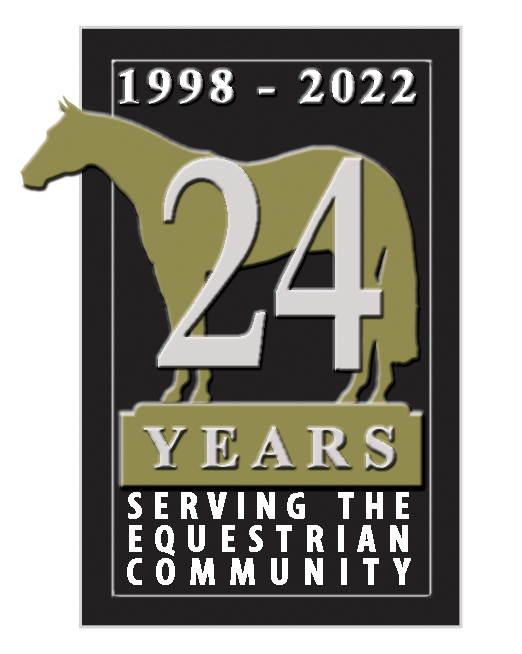TAHC to Test Equine Animals in Kleberg County for Piroplasmosis
March 15, 2013![]()

The Texas Animal Health Commission (TAHC) has designated Kleberg County (South Texas) equine (horses, mules, zebras, etc.) at high risk for exposure to Equine Piroplasmosis (Piro,) and will begin testing equine animals in Kleberg County on Monday, April 8.
An informational public meeting will be held on Monday, March 18 at 6:30 pm at the Dick Kleberg Park Recreation Building in Kingsville. The address of the facility is: Building 501 East Escondido Rd. Kleberg County equine owners and veterinarians are encouraged to attend this public meeting. Region 5 management and TAHC executive directors will provide key information regarding the disease, testing, etc.
Equine Piroplasmosis is a blood-borne protozoal disease that affects all equine, including horses, ponies, donkeys, mules and zebras. Piroplasmosis can be transmitted from a positive horse to a negative horse by blood transfer from dirty instruments or insect carriers, such as ticks. Piro is not transmissible to humans. Through research, a treatment protocol was developed that clears the infection and can lead to the release of horses that eventually test negative. Piro is currently not considered endemic in Texas or the U.S.; however, isolated outbreaks of the disease have occurred.
After extensive testing in Kenedy and Kleberg counties, numerous Piro cases have been detected, therefore Kleberg County has been designated as a high risk area for Piro. There are an estimated 225 premises and 500 equine animals in the initial Kleberg County test area, extending south from Escondido Creek to the Kleberg-Kenedy county line. Projected completion date is the summer of 2013.
“Equine Piroplasmosis is considered a foreign animal disease in the U.S., however, new cases continue to be discovered, even three years after the initial case was found,” Dr. Dee Ellis, State Veterinarian, said. “Piro can be spread by way of ticks. South Texas has a high population of this parasite. It is common practice for horses in this South Texas area to be used on local ranches and/or in weekend events such as rodeos, roping, trail rides, etc. Ticks can spread Piro through this very movement of horses,” Ellis stated. “The TAHC is asking for the support of equine owners and veterinarians to make this testing effort a success and help assure the health of the equine population.”.
For Kleberg County equine owners and/or veterinary practitioners who have questions, contact the Region 5 Office at 1-361-358-3234. For more information on Piroplasmosis, visit www.tahc.state.tx.us/animal_health/equine/piro.html.
The Texas Animal Health Commission (TAHC) strives to keep Texas’ livestock disease free, ultimately allowing for better marketability and commerce. Founded in 1893, the Texas Animal Health Commission works to protect the health of all Texas livestock, including: cattle, swine, poultry, sheep, goats, equine animals, and exotic livestock.

